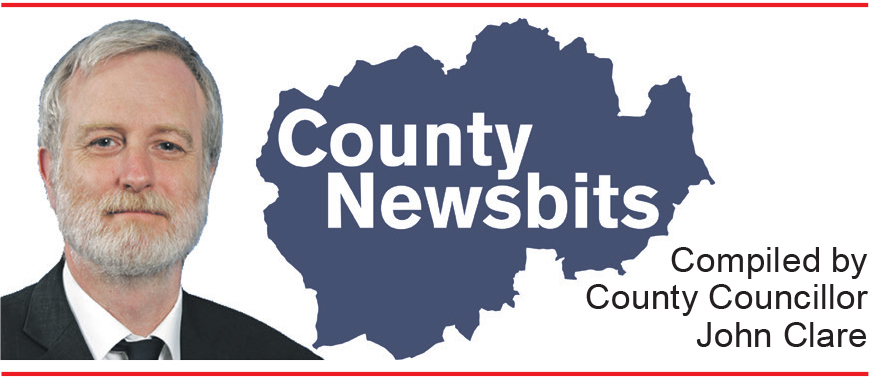Organisations across County Durham and Darlington have developed an action plan for improving the support for people in a mental health crisis as part of a national Mental Health Crisis Care Concordat.
A large number of organisations* including NHS commissioning groups and trusts, councils, the ambulance Service, police and fire services and voluntary sector groups, came together to sign the concordat in November 2014 and have now developed a joint plan of action for how they will work together to improve services.
The Mental Health Crisis Care Concordat is a national agreement between services and agencies involved in the care and support of people in crisis. It sets out how organisations will work together better to make sure that people in crisis receive urgent mental health care and support.
In February 2014, 22 national bodies involved in health, policing, social care, housing, local government and the third sector came together and signed the concordat. It focuses on four main areas: access to support before crisis point; urgent and emergency access to crisis care; quality of treatment and care when in crisis; and recovery and staying well. The Health and Wellbeing Boards in Durham and Darlington established a multi-agency task and finish group to take forward the local declaration and development of a prioritised action plan to ensure outcomes for patients in a mental health crisis continue to be improved. The top priority areas of focus are as follows:
– Improved processes for patients detained under the Mental Health Act in regards to the provision of places of safety arrangements through System Resilience Funding.
– A review of protocols for people presenting with mental health problems and intoxication from alcohol or drugs, including a designated place of safety in an appropriate setting.
– A review of data sharing proposals between health and the police to enable effective strategic planning and operational delivery.
– A review of the demand within County Durham and Darlington in terms of police time spent in street situations and in people’s homes or public places responding and dealing with people in mental health crisis.
– In Darlington the action plan will be monitored through the local Mental Health Network who will monitor the actions through its focus on the wider mental health strategy “No health without mental health” Local priorities include:
– Supporting the parity of mental health through the delivery of an effective action plan to deliver the Crisis Care Concordat.
– The co- production of effective preventative services that address mental health needs earlier.
– A continued focus on improving access and choice to psychological therapies.
– Implementing a recovery approach which includes the intention to develop a recovery college.
– Building on the important role Primary Care plays in preventive mental health approaches.
– Development of a person centred care programme approach (CPA).
Cllr Lucy Hovvels, Cabinet Member for Safer and Healthier Communities, Durham County Council and Chair of the County Durham Health and Wellbeing Board said: “The action plan which has been agreed by the Health and Wellbeing Board will bring real improvements to the lives of people in County Durham and Darlington who experience mental health crisis. The concordat has helped us identify gaps in the service which has informed the development of priority actions in the plan as well as areas of good practice that will have the greatest benefit for people in County Durham.”
Cllr Veronica Copeland of Darlington Borough Council said “The action plan represents a genuine joined up response to meeting the needs of those in a mental health crisis, which can only improve individual outcomes. The commitment to include people and their families and supporters in the development and delivery of the action plan will ensure its success.”
Darlington’s Clinical Lead on mental health Michaela Young said: “I fully support this vital and important piece of work that aims to tackle the serious gaps in our service, most notably for vulnerable young people and adults with mental illness in crisis. The use of police cells, as an only option for a place of safety for young people, must be addressed.”
For more information about the concordat, visit www.crisiscareconcordat.org.uk
Plan to Help People in Mental Health Crisis











